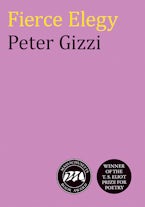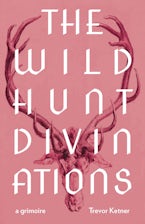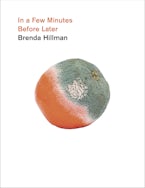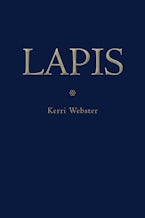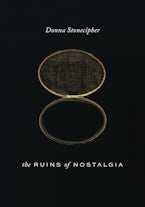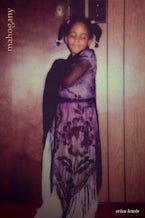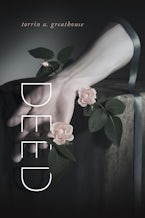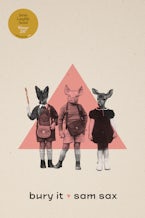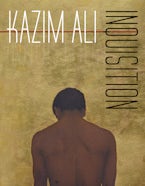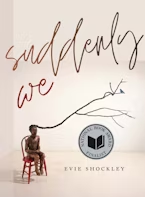- Home
- Wesleyan Poetry Series
- poetry
- social science
- The Trailhead
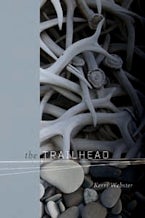
Visionary poems lay claim to the power of the female poet
Song of the Husbands
for Henry
All winter the kind husbands hover
like mortgaged angels. One
smells gasoline in his sleep, would
be my lover. They want me
to be well. Specimen, they say, and
mean endearment. I row
into the flood. The vodka
turns the lemon to crystal, the
carp turn the pond to shit and hunger,
the lingerie turns the trunkful
of lingerie into a special trunk.
And the husbands, the husbands
If asked they will install a water feature.
I tend my minor art,
I push my sorrow cart,
the women sing to the women o'er the prison
walls: Daughters of Elysium!: as
I elysium myself to sleep and,
waking, wear a
poppy cast from silver around
my neck. I grow
ashamed of my teeth, I pawn, redeem,
pawn, redeem, shoo
deer from the poison hedge. Oh
leanmost season. Speak,
husbands; speak, cocked
honeys; speak!
"I'm learning to allow for visions," the primary speaker of The Trailhead announces, setting out through a landscape populated by swan-killers, war torturers, and kings. Much of the book takes place in the contemporary American West, and these poems reckon with the violence inherent in that place. A "conversion narrative" of sorts, the book examines the self as a "burned-over district," individual and cultural pain as a crucible in which the book's sibyls and spinsters are remade, transfigured. "Sacralization/is when things become holy, also/when vertebrae fuse," the book tells us, pulling at the tensions between secular and sacred embodiment, exposing the essential difficulty of being a speaking woman. The collection arrives at a taut, gendered calling—a firm faith in the power and worth of the female voice—and a broader faith in poetry not as a vehicle of atonement or expiation, but as bulwark against our frailties and failings.
I
Hermeneutics
Hill Walk
Hulls Gulch
The Night Grove
River Walk
II
Winter Of (And I Took the Chemise Off)
Conversion Narrative
Of Deborah
Reasonable Miracles
The Spinster Project
III
This Is Manifest
Swan/Not Swan
One Eye Dilated
Towards an Ethical Religiosity
Skins
Invert Sky
IV
Wilderness, Poetry, Sex
Solastalgia
Corpse Flower
On the Nature of Righteous Action
The Trailhead
Vanitas
Notes
KERRI WEBSTER is the author of the poetry collections We Do Not Eat Our Hearts Alone and Grand & Arsenal, the latter of which won the Iowa Poetry Prize. The recipient of awards from the Whiting Foundation and the Poetry Society of America, she was a Visiting Writer-in-Residence at Washington University in St. Louis from 2006-2010. She currently teaches at Boise State University.
"There is such a force displayed in the poems in The Trailhead, one that writes on sexuality and power, meditating on larger concerns around ethics, from stories of spinsters, conversion, religion, righteous action, desire, wilderness and poetry. Webster's poems flood their narratives with discomfort, and an unease that can't be turned away from, taking stock of the climate and providing insight into the unexamined."
~Rob McLennan, Rob McLennan's Blog
"With impeccable grace and verve, Webster doubles down on a discomfiting stereotype, claiming it powerfully as a point of view. The book opens its concerns about sexuality and power into ecopoetic and larger ethical meditations."
~Cathy Wagner, author of Nervous Device
"Kerri Webster has my favorite living ear. And certainly it's still one of my favorites when compared to the ears of the dead. But you should read this book because the lines buoyed by the ear are so often perfect wonders. The stranger carves a gold tunnel / through the gold book. The river faces up neon, glows and / glows. I set my glasses by the bed, walk the river path. / Show me the gold tunnel. Show me where the gold tunnel goes, for example, seems to me as perfect a wonder as poetry allows. How could you not read a book with those lines in it?"
~Shane McCrae, author of In the Language of My Captor

